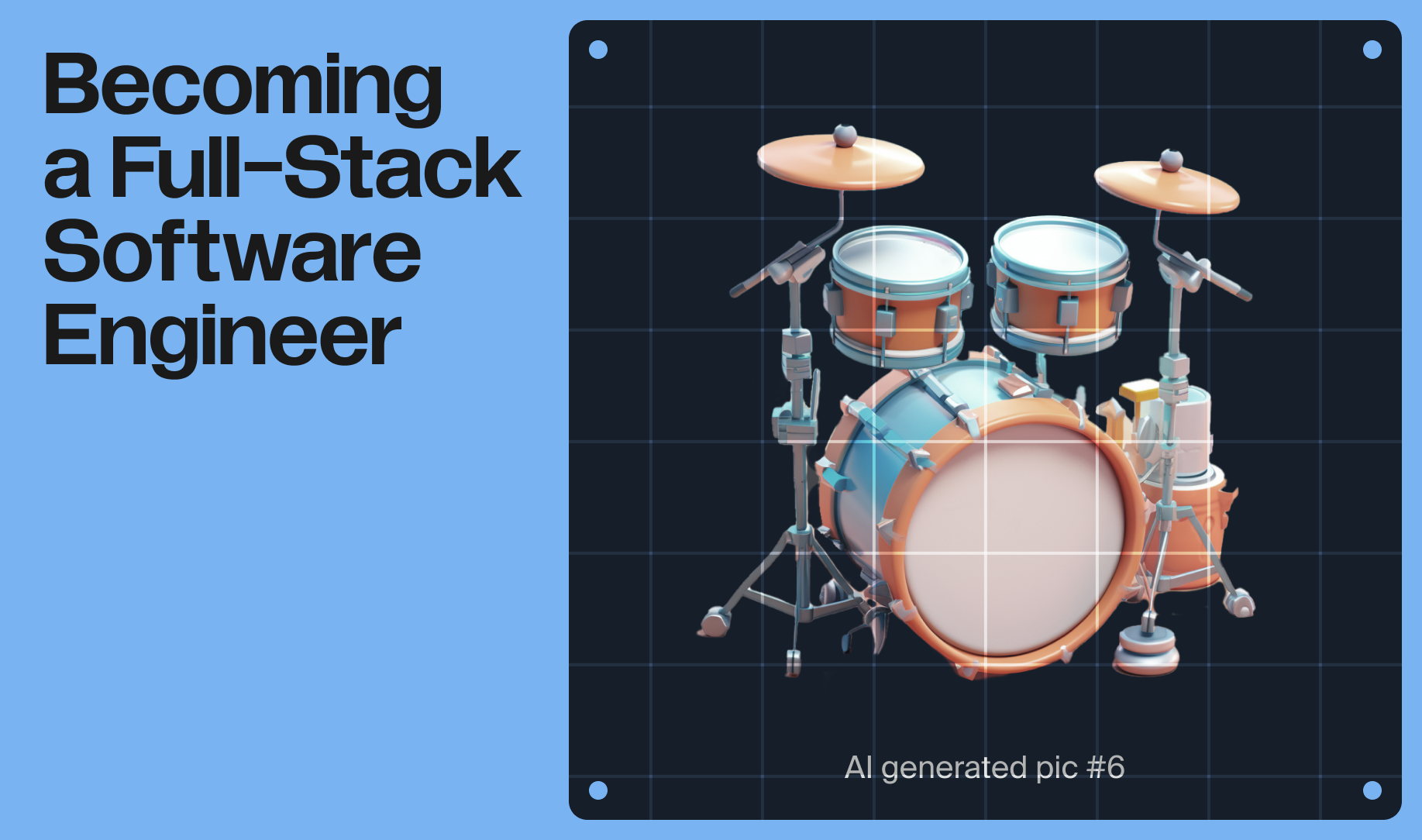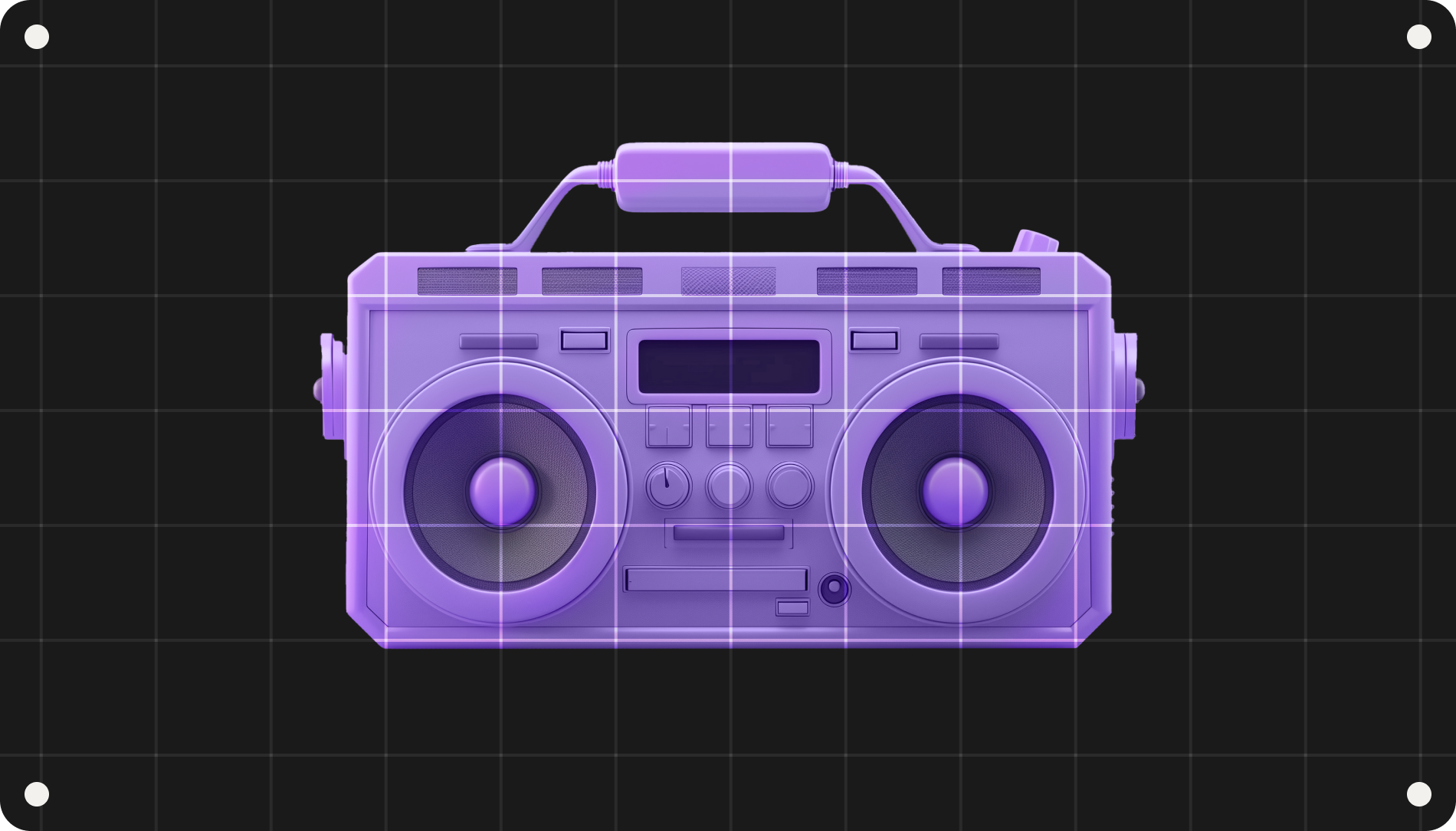The tools, apps, games, and devices you use day to day are made by, managed, and improved upon by computer programmers. Basically, we couldn’t function as a society without programming jobs.
Because they’re such an essential part of business and our everyday lives, developer jobs continue to be in high demand and command impressive salariesMore Than $100k: How Much Do Entry-Level Software Engineers Make? and benefits. Even with talk of AIWhy AI Is Your Friend Not Foe replacing workers, tech experts argue programming jobs will only become more important as emerging technology advances.
Below, we’ll cover some of the most crucial roles in today’s job market, as well as tips for how to learn to code, build your network, and ultimately land a job in programming.
What are the most popular programmer jobs in 2024?
There are a lot of programmer jobs out there to explore. We’ve outlined some of the most popular ones based on, among other factors, the O*NET OnLine Bright Outlook rankings, which lists the occupations with the most job openings and growth projected in the next 10 years (O*NET OnLine is a free database for employment rankings and is sponsored by the U.S. Department of Labor).
Software engineer
U.S. News and World Report ranked software developer as one of the 10 best jobs in America (factoring in wage potential, work-life balance, stress levels, and other metrics), as well as one of the 10 best jobs in terms of job security.
Software engineering jobs come in many forms, including full-stack engineerBecoming a Full-Stack Software Engineer, front-end engineerBecoming a Front-End Engineer, back-end engineer11 Types of Software Engineers and Programmers: See Who You Can Become, or mobile/app developer — which leaves a lot of room for aspiring programmers to find their niche. While software engineers vary even between companies, their jobs generally entail coding in a programming language such as Python, JavaScript, or Ruby to make software run smoothly and intuitive to use.
Web developer
Think of web developersWeb Developer vs. Software Developer: Demystifying Two Great Tech Careers as a subset of software engineers: Their focus is on creating and maintaining websites. According to the U.S. Bureau of Labor Statistics (BLS), employment in web development is projected to grow much faster than average — around 16% between now and 2032.
Web developers need to know how to code in HTML, CSS, and/or JavaScript, as well as have a general understanding of user experience (UX) and user interface (UI) design and security protocol to prevent cyberattacks.
Data scientist
The BLS projects employment in data science to grow 35% in the next 10 years.
Data scientistsWhat Do Data Scientists Do? pull out trends, patterns, and predictions from large data sets to generate algorithms that help business leaders make informed decisions. They’re experts in programming languages used in data visualization, statistical analysis, and machine learning, such as SQL or R. Other top skills for data scientists include general knowledge of probability, statistics, and algorithms.
Cybersecurity engineer
CybersecurityThe Beginners’ Guide to a Career in Cybersecurity, information security, and network engineers, to name a few, specialize in spotting, fixing, and preventing hacks. Similar to data scientists, this field is projected to grow substantially in the next decade according to the BLS — in part because, as technology becomes more complex, so do the methods hackers use to break into it.
Blockchain engineer
Blockchain engineering has emerged as a rapidly growing field thanks to surging investment in the cryptocurrency industry. Blockchain engineers specialize in building software and architecture for the blockchain, as well as ensuring this code is encrypted and secure — you wouldn’t want people to lose money or sensitive financial or personal information in a cyberattack, now would you?
6 tips on how to get a coding job
If one of the above positions caught your eye, here are the steps you can take to get a job in coding.
1. Find a match between your interests and programming jobs
The first step to get a job as a programmer is to explore the career paths in programming that interest you and align with your long-term goals — be it working for a mission you believe in or making a high salary. The list above can help you parse through common terms in the tech field, or you can read these inspiring books7 Inspiring Books for Beginners in Tech to begin your research. Taking a personality or career test (such as TripleTen’s tech career quizQuiz: Which Tech Career Fits You Best?) is another great way to find a match between your current skill set and strengths and what’s out there.
2. Network, network, network
Networking is how many programmers find jobs, certainly. But it’s also a useful tool for gauging your passion for the industry before starting your job search or skills training.
Your network can also be helpful when weighing whether to attend a specific bootcamp or graduate program.
To find people to connect with, browse LinkedIn for connections (or connections of connections) and send a personalized note. This should include why you’re reaching out to this person specifically — they work for your dream company, for example, or attended a bootcamp you’re considering signing up for — and a simple ask, be it to hop on a phone call or grab coffee. Make it easy for this person to say yes by offering to pay for the meal, keep the discussion short, and/or work around their schedule and location. People may be busy, but they’re often eager to help those who respect their time and show enthusiasm for their expertise.
3. Start small
When you picture a software developer, what comes to mind? Do you envision a desk loaded with monitors and cables? Do you see a screen bursting with symbols and text that read like a foreign language?
While this may seem fun (or intimidating, depending on whom you ask), the reality of software development is often much simpler. You don’t need intense math skillsDoes Software Engineering Require Math Skills? or a pro-level laptopTools of the Trade ― Do You Need the “Best” Laptop to Succeed in Programming? — and you don’t always need a formal degree. Anyone can codeHow Long Does It Take to Learn Coding from Scratch? with the right mindset and tools, and the job doesn’t have to be hard, either.
Writing code feels less intimidating when you start small, either with a basic language such as HTMLHow Hard is It to Learn HTML? Let’s Break The Myths or CSSCSS 101: A Beginner-Friendly Introduction to Styling Web Pages or a short beginner class. These sorts of baby steps also allow you to figure out if this kind of job is really for you before you spend time and money on a bootcamp or advanced degree.
4. Get some specialized training and practice
To land even an entry-level programming job, you’re going to need to know how to build an app or fix a bug — skills rarely taught in high school, or even in some computer science programs in college.
The good news is you don’t have to go back to school completely to pick these coding skills up, although that is an option for students who prefer immersive, classroom-based learning (and can afford the steep tuition at a top institution).
They also often provide mentoring and career services to ease programmers into the job search or entrepreneurship post-graduation.
But if even those aren’t an option for you, you could explore a free or cheap online class or internship where these skills are actively taught. Alternatively, if you’re capable of learning on your own, you could contribute to an open-source project or hackathon to gain the necessary coding experienceNo Coding Experience? Here Are Six Ways To Get It.
5. Build a portfolio
Many developer roles require you to show employers your skills in action — applications you created or fixed, systems or processes you documented, open-source projects you lent a hand to.
You can do this with a portfolio. And portfolios come in many forms: Some developers find success posting their creations on social media or GitHub, while others write blogs or make a personal website.
6. Tailor your resume and application
Every company has a unique set of requirements for programmers. This means a generic resume, or one you send to every employer without any changes, isn’t going to necessarily cut it.
Tailoring your resumeHow to optimize your data science resume means you identify the keywords — hard and soft skills, as well as tools, applications, qualities, or achievements — in the job description and intentionally include whichever are relevant to you. You can do the same when you interview: Take note of the main responsibilities of the position, then come up with a couple stories of past experiences you had that relate to each. Focus not just on what you did but the impact of your work, such as whether it drove up user numbers, increased revenue, or streamlined a process. This way, the hiring manager sees a clear line between their needs and your background, visualizes you succeeding on their team, and ultimately feels inclined to hire you.
Launch your tech career
Breaking into an entry-level programming job without experience is far from impossible. In fact, in just a few weeks or months, you could set yourself up to work on some of the most important applications of our time — or our future.
TripleTen’s Software Engineering Bootcamp doesn’t just cover all the key skills and tools programmers need (with interactive projects and externships that help you truly master them). With a network of career coaches and mentors, students are also provided guidance on often tricky issues like tailoring your resume or nailing your interview, and generally how to get a job as a coder once they’ve completed the bootcamp.
.jpg)
.png)






.jpg)
%20(1).jpg)




.jpg)

.jpg)






.png)






